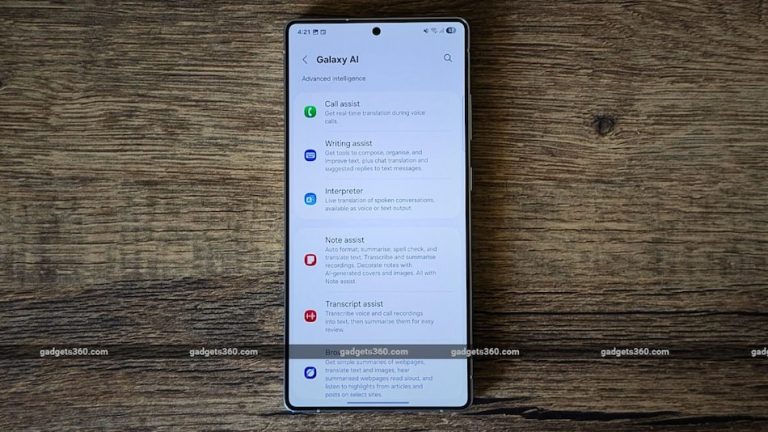
Smart Homes 2025: The Rise of AI-Driven Devices
Smart Homes 2025: The Rise of AI-Driven Devices is revolutionizing the way we live and interact with our living spaces. With the integration of artificial intelligence (AI) and Internet of Things (IoT) technology, our homes are becoming increasingly automated, efficient, and responsive to our needs.
Introduction to Smart Homes

A smart home is a residence that uses advanced technology to automate and control various aspects of the living space, such as lighting, temperature, security, and entertainment. The use of AI-driven devices in smart homes enables residents to enjoy a more comfortable, convenient, and sustainable living experience.
Benefits of Smart Homes
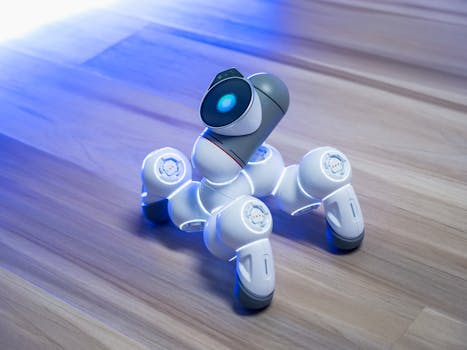
The benefits of smart homes are numerous. Some of the most significant advantages include:
- Energy efficiency: Smart homes can optimize energy consumption by automatically adjusting lighting, heating, and cooling systems.
- Enhanced security: Smart homes can detect and respond to potential security threats, such as intruders or fire hazards.
- Improved convenience: Smart homes can automate routine tasks, such as scheduling appointments and sending notifications.
- Increased comfort: Smart homes can adjust lighting, temperature, and entertainment systems to create a personalized and comfortable living environment.
AI-Driven Devices in Smart Homes
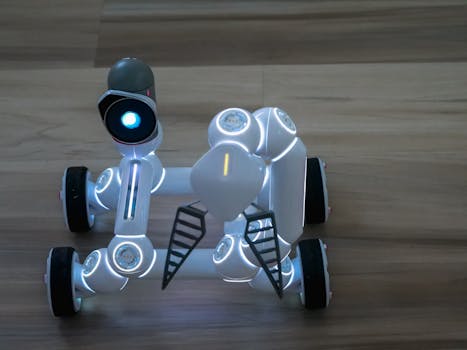
AI-driven devices are a crucial component of smart homes, enabling residents to interact with their living spaces in a more intuitive and natural way. Some examples of AI-driven devices in smart homes include:
- Virtual assistants: Virtual assistants, such as Amazon Alexa and Google Assistant, can control various smart devices and perform tasks, such as setting reminders and playing music.
- Smart thermostats: Smart thermostats can learn a resident’s schedule and preferences to optimize heating and cooling systems.
- Smart lighting systems: Smart lighting systems can adjust lighting levels and colors based on the time of day and the resident’s activities.
- Smart security cameras: Smart security cameras can detect and respond to potential security threats, such as intruders or suspicious activity.
Future of Smart Homes
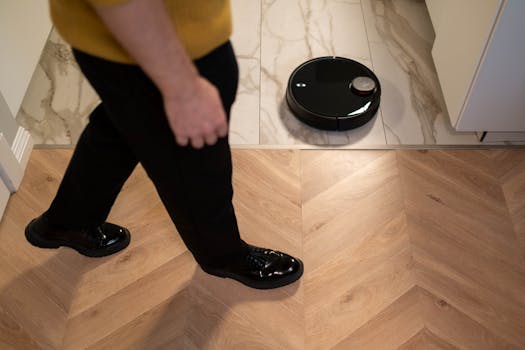
The future of smart homes is exciting and rapidly evolving. As AI and IoT technology continue to advance, we can expect to see even more innovative and integrated smart home solutions. Some potential trends and developments in the future of smart homes include:
- Increased use of voice control: Voice control is becoming increasingly popular in smart homes, and we can expect to see even more devices and systems controlled by voice commands.
- Greater emphasis on energy efficiency: As concern about climate change and energy consumption grows, smart homes will likely place a greater emphasis on energy efficiency and sustainability.
- More integrated systems: Smart homes will likely feature more integrated systems, enabling residents to control and monitor various aspects of their living space from a single interface.
- Increased focus on security and privacy: As smart homes become more connected and automated, there will be a greater need for robust security and privacy measures to protect residents’ personal data and prevent potential security threats.
Conclusion
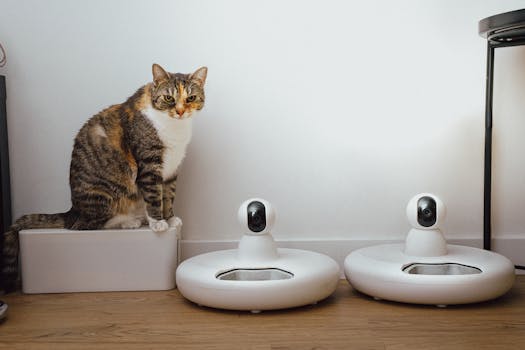
In conclusion, Smart Homes 2025: The Rise of AI-Driven Devices is transforming the way we live and interact with our living spaces. With the integration of AI and IoT technology, smart homes are becoming increasingly automated, efficient, and responsive to our needs. As the future of smart homes continues to evolve, we can expect to see even more innovative and integrated solutions that enhance our living experience and promote sustainability and security.
